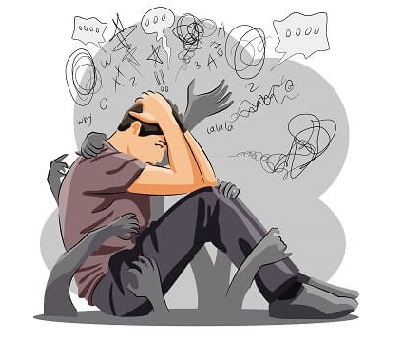How to beat Depression?
Changes in Lifestyle
Being gloomy and helpless is a result of depression. Because of this, making a few small lifestyle adjustments to lift your spirits can help you beat depression.
Work out
According to research, engaging in regular physical activity can improve your mood when you’re healing from depression.
Early in the morning, when the air is clear and full of oxygen, walking, running, or cycling outside raises serotonin levels in the brain, which helps treat depression.
Exercises at the gym that focus on strength training also aid in the relief of depressive symptoms.
Sufficient Sleep
Sleep is necessary for both mental and physical well-being.
A healthy sleep schedule includes going to bed before 11 pm and waking up before 8 am.
Yoga
A study found that doing yoga twice a week for 60 minutes over the course of 12 weeks significantly reduced anxiety and depressive symptoms while also increasing self-confidence. Regularly performing Surya Namaskar in the morning gives the body vitality and energy for fifteen minutes. Surya namaskar is is very beneficial for people who experience symptoms like lethargy, extreme fatigue, and boredom at work.
Meditating
The patient can better control their emotions by practicing meditation. Furthermore, meditation helps get rid of depressed and negative ideas.
By raising awareness of the brain, meditation helps keep depression from returning.
Deep Breathing Exercise, or Anulom-Vilom, is one type of meditation. While you breathe, concentrate on your blessings in life. Keep track of your heart rate and breathing.

